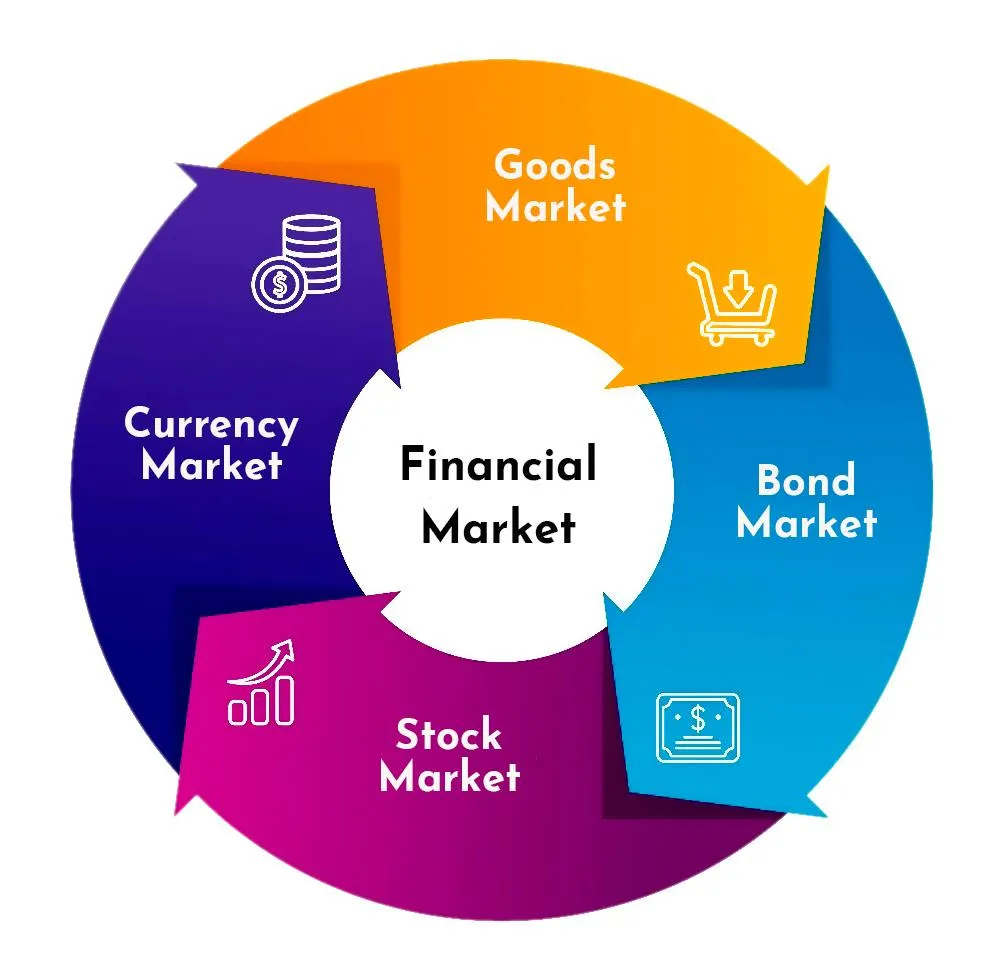
Four big challenges
Firstly, the recovery of the global economy and financial markets across the world is still facing many potential risks and challenges that are also affecting the growth of the stock markets in Vietnam. The ongoing Covid-19 pandemic is unrelenting, unpredictable, and efforts to contain it are slow and disorganised. Although the risk of a bubble being created in the global and Vietnam stock markets is unlikely, a decline and reversal cannot be ruled out before a sustainable recovery occurs or when global financial instability risks are under control.
Although the seven biggest risks to the global financial world in 2020 have been identified, there is always a potential risk of an increase, outbreak, or even a longer lasting scenario for the next two to three years, until 2023. The stock market growth momentum currently is facing negative risks, such as the trend of trade protectionism; increased strategic competition; trade and technology tensions between the US and China; unpredictable fluctuations in commodity, energy, and gold prices; and disruptions caused by climate change, environmental pollution, natural disasters, and floods.
Secondly, the internal economy faces five major challenges. First is the growth quality and competitiveness which is not high, with restructuring being very slow. Second is the competition pressure, reform, and legal risks in the integration process. Third are the results of implementing three strategic breakthroughs in institutions, human resources, and infrastructure, which have not met expectations. Fourth, population aging is affecting the quality of human resources. Fifth, Vietnam is one of the six countries most severely affected by global climate change and increasing environmental pollution.
In addition, in the context of the economy still facing many difficulties, the excitement of the securities companies of late has overshadowed many serious and oncoming potential risks due to lack of realistic connection between the stock markets and the actual economy, with the stock markets increasing strongly while economic growth is low, along with enterprises facing difficulties and potential bankruptcy as well.
Thirdly, the scale and competitiveness of stock markets in Vietnam is low compared to other countries in the region. The market still has limitations in providing transparency and professionalism; capacity of listed companies is low, and good corporate governance practices have not met the requirements of a developing stock market; securities companies are still limited in technology and high-quality human resources; the stock market were mainly individual investors and not many institutional investors; and financial products are few and not yet diversified.
Fourthly, there are challenges from developing green finance and green securities. As a country heavily impacted by climate change, the trend for green development is inevitable. However, Vietnam's green finance has not really become an investment and development trend and is still facing many challenges, such as the primitive legal system on green finance. Currently, the amount of green credit capital is quite large, while the financial efficiency is not relatively high.
Recommendations
According to Citigroup, Goldman Sachs, and Nomura, with the prospect of good disease control and economic prosperity, this year the stock markets in Vietnam may increase by 15% to 20%. According to the Vietnam Financial Advisory Association (VFCA) and BSC, the Vietnam stock market in 2021 will increase lower than the impressive increase seen in 2020, but it will see a more sustainable direction because of possible recovery, economic growth and profitability of listed companies, with bad debt largely under control.
Firstly, it is recommended to bolster the stock markets and increase the capacity to withstand external shocks. It is also being urged to complete and effectively implement legal strategies in the financial sector, especially in digital finance. It is necessary to formulate a strategy to develop the financial market and the stock market for the period 2021 until 2030 in the direction of a more rational and balanced structure between the money markets and the capital markets.
It is also necessary to develop products for the digital platform, derivative products, and tools to manage the exchange rate and interest risk, and diversify types of financial intermediaries such as voluntary and private pension funds, and real estate investment funds. It is recommended to upgrade information technology infrastructure and market database, and synchronously implement solutions to contribute to upgrading the stock market from a frontier market to emerging market of MSCI and FTSE, which will contribute to more foreign capital flow.
Secondly, there needs to be focus on improving management capacity, supervision, safety and stability of the financial system and stock market. Also, accordingly build a model of management and monitoring systematic risks, along with a model of financial and monetary stability and a crisis handling mechanism for the stock market. It is necessary to modernize tools and forms of inspection and supervision and strictly implement sanctions to handle violations in the stock market. Focus also must be to strengthen international coordination in developing common commitments and legal frameworks on information sharing related to cybersecurity and information confidentiality related to digital finance, digital banking, and digital economy, especially transactions related to digital money and cross-border payments, to protect investor interest in digital financial markets.
Thirdly, we need to universalize financial knowledge and improve professionalism of investors, especially individual investors. In which, focus must be strengthening the role of investment agents, professional consultants, open ended funds, stocks, and bond ETFs operated by reputable investment funds, to ensure safety and minimize risks of individual investors. Individual investors themselves need to become knowledgeable investors with knowledge and actual capabilities and clearly define investment objectives, diversify investment portfolios, reduce financial leverage, and avoid herd mentality.




















